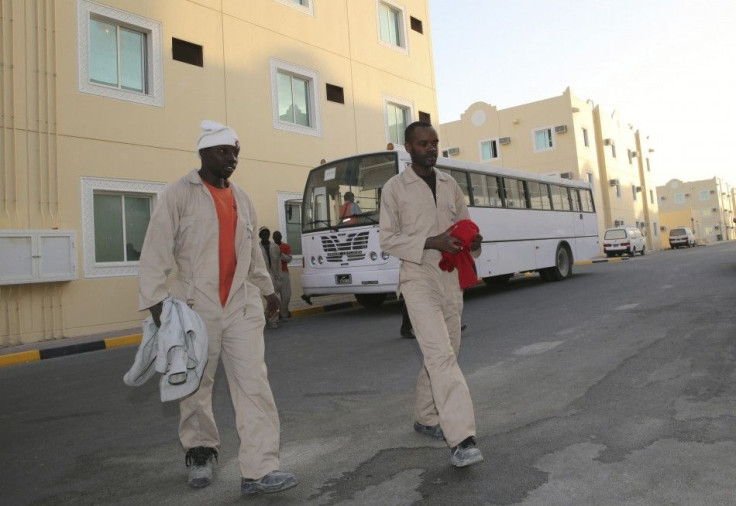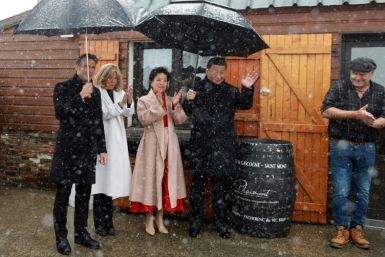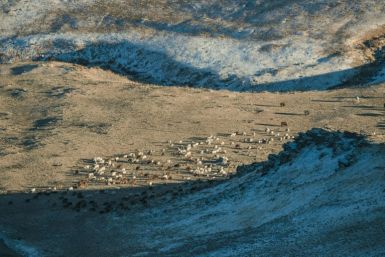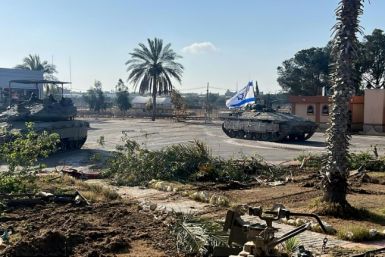FIFA Official Says 2022 World Cup Would No Longer Be Hosted By Qatar Because It Is Too Hot

Theo Zwanziger, German member of the executive committee of FIFA, the governing body of world football, said on Tuesday that Qatar won't host the 2022 World Cup.
He explained the decision to withdraw the award given to the Middle Eastern country to host the international sports competition to the very hot summer temperature in Qatar. Zwanziger said that medics can't guarantee that a World Cup could be held in summer in the country.
Zwanziger acknowledged that Qatar had developed cooling systems for its stadiums, but the FIFA official also pointed to football fans who will come from different parts of the world and may have difficulty enduring the Middle Eastern heat which could go beyond 40 degrees Celsius.
However, there are suggestions to hold the World Cup during the European winter.
FIFA awarded the hosting rights to Qatar in 2010, supposed to be held in Al-Wakrah where there are plans to build infrastructure facilities for the games. In May 2014, FIFA President Sepp Blatter said it was a mistake to award the hosting to the Gulf emirate.
The Qatar technical report actually was clear that it is too hot in summer, but a majority of the executive committee members still voted the emirate as host country. There are allegations that there was corruption involved in selecting Qatar as the host country, particularly payment by over $5 million by former Qatar football head Mohamed Bin Hamman, but Qatar denied such financial transactions took place.
Lord Triesman of the English Football Association told the UK Parliament in 2011 that Jack Warner of Trinidad and Tobago asked for $4 million to construct an education centre, while Nicolas Leoz of Paraguay sought honorary knighthood. Two media men also pointed to Jacques Anurme of Ivory Coast and Issa Hayatou of Cameroon of receiving $1.5 million each as bribe to vote in favour of Qatar. The four denied the allegations.
Besides the corruption allegation, there are also reports of abuse of foreign workers hired to build the sports facilities. The Nepalese workers are said to be working in slave-like conditions due to unsanitary and dilapidated conditions of their labour camp. In 2013, 185 Nepalese workers died while building infrastructure in Qatar.
A Qatar official belied the statement of Zwanziger, saying, quoted by Time magazine, "Qatar will host the FIFA World Cup in 2022, despite comments of FIFA Executive Committee member Dr Zwanziger, which reflects his personal opinion and not that of FIFA."
The official added, "The only question now is WHEN, not IF. Summer or winter, we will be ready. We have proven that a FIFA World Cup in Qatar in the summer is possible with state-of-the-art cooling technology. We have demonstrated that out cooling works in outdoor areas beyond stadiums."
The stadium will use cooling technology that could reduce temperature inside the stadium by up to 20 degrees Celsius. After the games, Qatar plans to donate the upper tiers of the stadium to nations with less developed sports infrastructure. Its aircon system, provided by Arup of England, will be sun-powered and carbon neutral.
The Al-Khor stadium will have a total capacity of 45,440 sports fans. The Al-Wakarah stadium will seat 45,120 people
Here is a peek of the stadiums being built, which could eventually become a white elephant if Zwanziger's statement turns out to be correct.
YouTube/Joao Play






